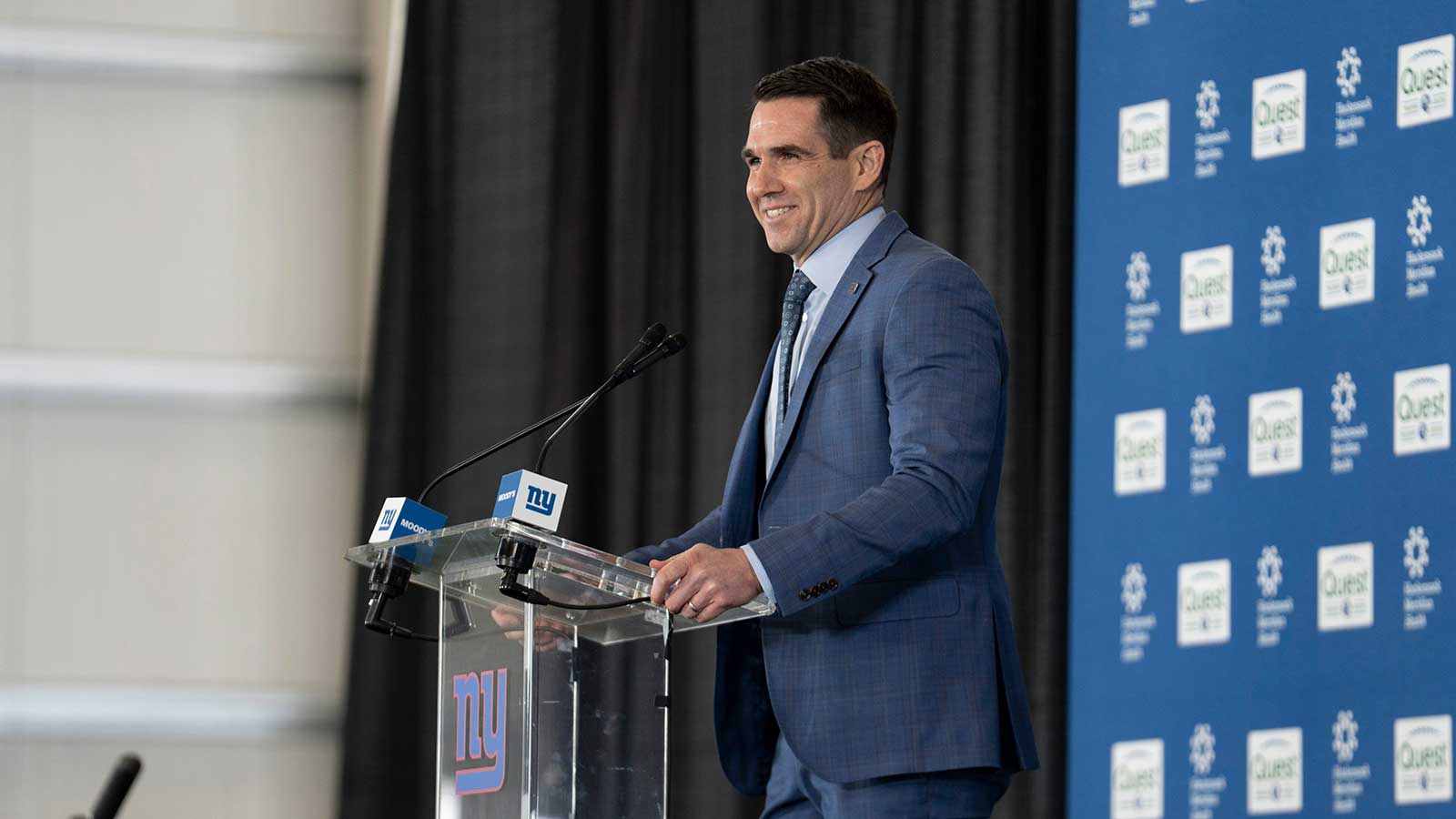In a surprising turn of events, the legal dispute between pop superstar Katy Perry and an 84-year-old veteran, Carl Westcott, over property boundaries has spurred the creation of a new bill dubbed the “Katy PERRY Act.” This bill aims to address concerns related to property disputes and access rights, particularly in cases where senior citizens are involved.
The legal battle began when Katy Perry sought to purchase a $15 million house back in July 2020. The case took a contentious turn as it involved questions of property rights and the use of the property by the veteran.
Court documents from the Los Angeles County Superior Court argued: “The multiple opiate medications, which were a synthetic form of morphine, disoriented and intoxicated [Westcott], depriving him of reason and understanding with respect to the terms and consequences of the contract, and seriously impaired [Westcott’s] mental faculties to the point he was of unsound mind and not competent to give his free, voluntary, or intelligent consent to the contract,” as reported by Unilad.
The Katy PERRY Act, is designed to prevent situations like this from happening in the future. The bill emphasizes the importance of protecting the rights of veterans and elderly individuals who may be vulnerable to losing their homes in property disputes.
Under the proposed legislation, the use of eminent domain for private development would be restricted when the property is occupied by veterans or senior citizens. The bill also aims to establish clear guidelines for the sale of religious properties to ensure transparency and fairness in such transactions.
The Katy PERRY Act highlights the potential for positive change that can arise from high-profile legal disputes. It serves as a reminder of the need to consider the impact of property transactions on vulnerable individuals and to enact legislation that safeguards their interests. If passed, this bill could set a precedent for future property disputes and protect the rights of those who may be at risk of losing their homes.




















